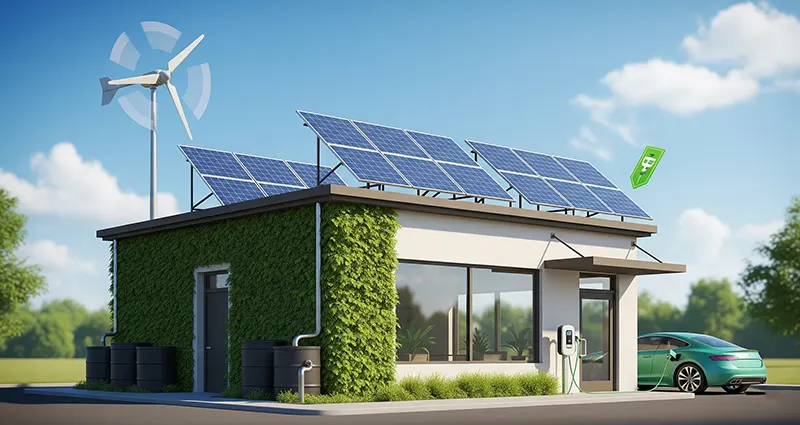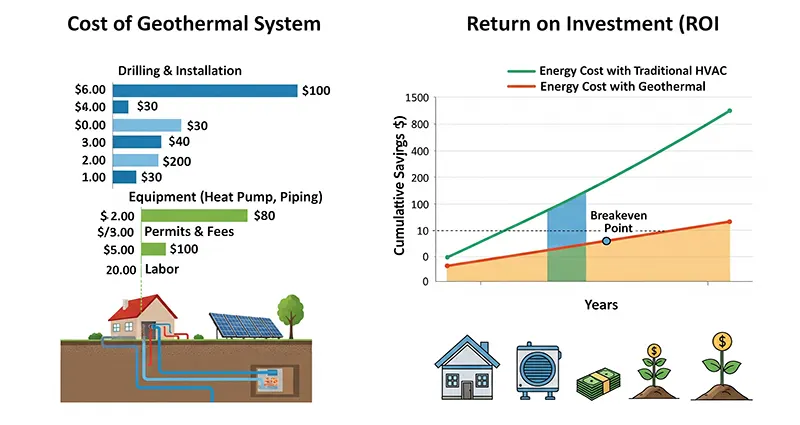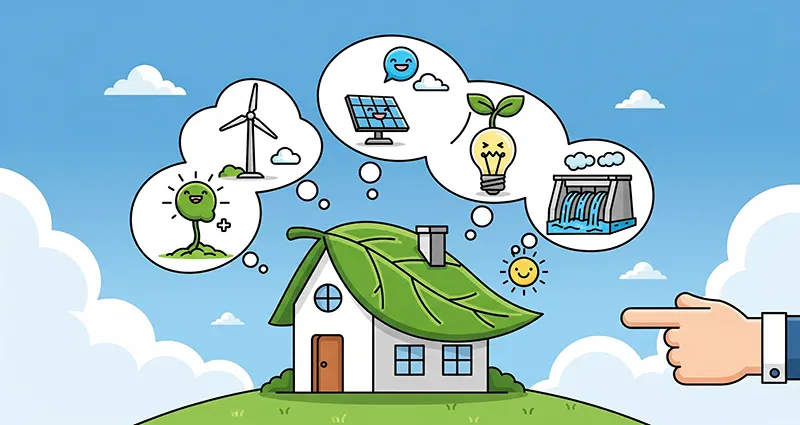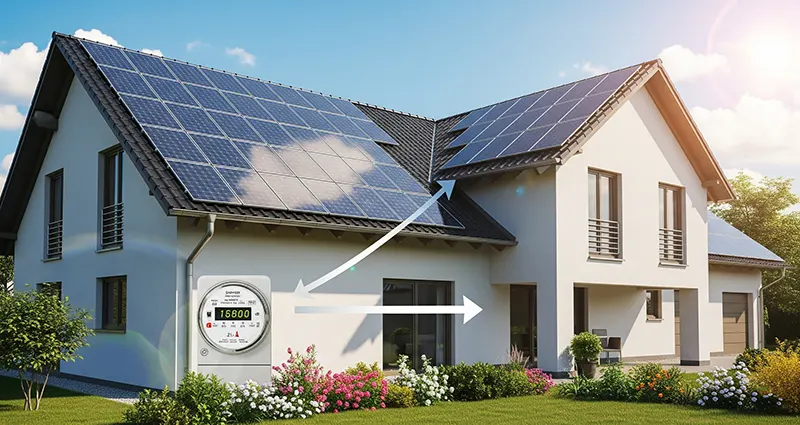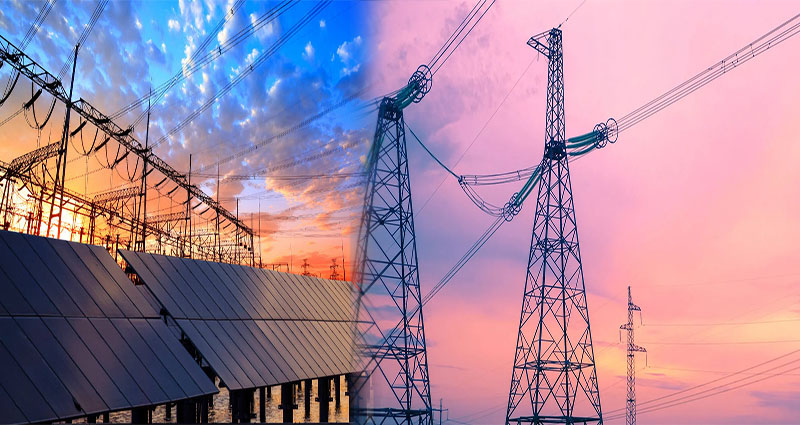Green Energy Technologies for Small Businesses: A Path to Sustainability and Savings
In today’s environmentally conscious market, green energy technologies for small businesses are becoming increasingly important. Small businesses looking to reduce operational costs while contributing to a healthier planet are turning to renewable energy solutions that offer both financial benefits and sustainable practices.
Why Small Businesses Should Adopt Green Energy Technologies
Small businesses can significantly reduce their carbon footprint and energy costs by integrating green energy technologies into their operations. Beyond cost savings, adopting these technologies can enhance brand reputation, meet customer demand for sustainability, and even qualify for government incentives.
Top Green Energy Technologies for Small Businesses
1. Solar Power Systems
Solar panels are one of the most popular green energy technologies for small businesses. By installing photovoltaic (PV) panels, businesses can generate their own electricity, reducing reliance on grid power and lowering utility bills.
- Benefits: Decreased energy costs, tax credits, and rebates
- Considerations: Initial installation cost, roof suitability, and

